You use space every day without even realizing it. For instance, when you drive to work and use Google Maps, you are relying on GPS satellites. These space-based systems help your phone determine your exact location and give you real-time directions.
When people think of space, they often imagine stars, the endless universe and the special group of astronauts who get to see Earth from above. But there is a big issue: most people see space as distant and unreachable, even though it is a part of their everyday lives.
This lack of awareness is risky for the space sector, especially for public space agencies. They need to justify their existence and funding more than ever—especially now, with the rise of private space companies and climate change regulations.
The Ubiquitous Satellite in Our Lives
You use space every day without even realizing it. For instance, when you drive to work and use Google Maps, you are relying on GPS satellites. These space-based systems help your phone determine your exact location and give you real-time directions.
When you buy a coffee for a colleague using a credit card or mobile wallet, satellites help send the transaction data securely from your device to the payment processor and provide a timestamp for the purchase.
When you get home and turn on the lights, the electricity grid powering your home is, probably, managed using satellite communication. Satellites help monitor and control the power generation and distribution systems, ensuring you have a steady supply of electricity.
The same is true for the finance sector. It relies on satellite timestamps to process transactions. If communication were lost, the world’s economic systems would come to a halt. Space impacts every part of our daily lives and many industries, but its influence is often overlooked by both the general public and professionals who depend on space systems.
People Unaware of Impact of Space
That people are quite in the dark about the impact of space on our daily lives is not really surprising. Space agencies have not communicated this efficiently and some organizations prefer to keep member-states or countries and the public from getting too involved in its governance. However, for their benefit, this needs to change for several reasons.
Firstly, to ensure space agencies receive funding, politicians need to understand the importance of space beyond just potential Mars colonization and military uses. In Organization for Economic Cooperation and Development (OECD) countries—a group of 38 developed nations committed to democracy and market economy, collaborating on economic and social policies—key infrastructures and services, such as transportation, energy, food supply and law-enforcement already rely on space-based systems.
If satellites stopped working, the global economy could crash. Space agencies need money to keep their services strong and safe. People need to understand why space is important for this to happen. However, as seen in the European election programmes this June, space activities get little attention. People still see space as a separate issue, not realizing that it supports many of Europe’s main activities.
Many organizations and charities working to combat climate change rely on data from Earth observation (EO) satellites. According to the OECD, observations based on space provide more than 50% of the critical variables needed to monitor climate change.. But, if you ask any employee from those organizations, they will rarely mention how important space is to their work. Key OECD members include the US, UK, Japan and Germany. Non-members, such as China and Russia, are, sometimes, seen as economic rivals or emerging competitors.
Understanding Benefits of Space Tech
To ensure people back space activities and to tackle challenges on Earth and in space better, everyone needs to understand the benefits of space technology. It is especially important to show these benefits through non-profit efforts. As climate change worsens and we need to explain the emissions from public activities, this understanding is more important than ever before.
There are many ways to show people why space is important:
First, there should be better communication and outreach. Space agencies need a strong communication plan to help people see that space is more than just Elon Musk. This is especially true for European space agencies, which need to change their mindset. They often avoid modern communication strategies because they do not want to seem like flashy Americans. But this might be needed to get the public’s attention and increase awareness.
Flashy Outreach Methods Are Needed
An American-style approach to communication could include many new outreach methods. These might involve launching big advertising campaigns to show the benefits of space to everyone, sponsoring movies and TV shows that highlight different space agencies, making sure media mentions of specific space projects include the name of the space agency involved. The outreach methods may even include sponsoring video game contests to attract tech talent for space jobs. It is important to actively engage people outside the space community and explore creative ways to reach out.
For instance, in Europe, people often hear about ‘Copernicus’—a EU programme focused on Earth observation—but do not know they are EO satellites, or that the European Union (EU) Space Program and ESA are involved. The programme provides accurate and timely data about the planet’s environment to help with climate monitoring, disaster management and various other applications. The programme uses a network of satellites to collect this data.
Another idea is to create a ‘Fresk for Space’ initiative similar to the successful ‘Fresk for Climate’ campaign in France. ‘Fresk for Climate’ uses collaborative workshops to educate people about climate change. This would involve setting up seminars and interactive workshops in schools, businesses and government offices to teach people about the importance of space and the challenges that the sector faces. This could spark scientific curiosity and encourage young minds to pursue STEM fields, while also teaching older generations about the importance of space activities.
Space Agency-Private Co. Partnerships
Finally, stronger partnerships between space agencies and private companies are needed, especially by sharing data with businesses outside the space industry. Some efforts are already in progress, but more partnerships and incentives could motivate private companies to use open-source space data. This would help more people appreciate the benefits of space activities.
India, with its successful space missions, such Chandrayaan and Mars Orbiter, has the unique opportunity of increasing space awareness among its population. The Indian Space Research Organisation (ISRO) has achieved several significant milestones in low-cost space technology and satellite applications. By highlighting how ISRO’s innovations contribute to agriculture, disaster management and rural development, India can inspire its youths and showcase the practical benefits of space exploration. This approach could serve as a model for other developing nations to prioritize space initiatives and demonstrate how space technology can address national challenges.
Overall, people need to be more aware of everything related to space. Since space is crucial for many industries, both decision-makers and voters need to be better educated on the topic. This is the only way to prevent a situation where satellites become a single point of failure for everything we do on Earth.
(The author of this article is a Defence, Aerospace & Political Analyst based in Bengaluru. He is also Director of ADD Engineering Components, India, Pvt. Ltd, a subsidiary of ADD Engineering GmbH, Germany. You can reach him at: girishlinganna@gmai.com)
(Disclaimer: The views expressed above are the author's own and do not reflect those of DNA)
![submenu-img]() T20 World Cup Final: Rohit Sharma joins Kane Williamson in elite list, becomes first Indian captain to....
T20 World Cup Final: Rohit Sharma joins Kane Williamson in elite list, becomes first Indian captain to....![submenu-img]() Pankaj Tripathi fires back at Panchayat actor Pankaj Jha for claiming he romanticises his struggles: 'I am not...'
Pankaj Tripathi fires back at Panchayat actor Pankaj Jha for claiming he romanticises his struggles: 'I am not...'![submenu-img]() NEET PG 2024 revised dates to be announced within two days, says Education Minister Dharmendra Pradhan
NEET PG 2024 revised dates to be announced within two days, says Education Minister Dharmendra Pradhan![submenu-img]() Meet Indian genius who became world’s youngest surgeon at 7, started doing B.Sc at 12, master's at 17, joined IIT for...
Meet Indian genius who became world’s youngest surgeon at 7, started doing B.Sc at 12, master's at 17, joined IIT for...![submenu-img]() Jim Sarbh clarifies his 'mental therapy' comment wasn't targeted at Ranveer Singh: 'I find this almost absurd to...'
Jim Sarbh clarifies his 'mental therapy' comment wasn't targeted at Ranveer Singh: 'I find this almost absurd to...'![submenu-img]() NEET PG 2024 revised dates to be announced within two days, says Education Minister Dharmendra Pradhan
NEET PG 2024 revised dates to be announced within two days, says Education Minister Dharmendra Pradhan![submenu-img]() Meet Indian genius who became world’s youngest surgeon at 7, started doing B.Sc at 12, master's at 17, joined IIT for...
Meet Indian genius who became world’s youngest surgeon at 7, started doing B.Sc at 12, master's at 17, joined IIT for...![submenu-img]() Meet woman who cracked UPSC exam at 22, got AIR 28, became IAS officer in first attempt, now..
Meet woman who cracked UPSC exam at 22, got AIR 28, became IAS officer in first attempt, now..![submenu-img]() NTA announces new exam dates for UGC NET, CSIR NET; check details
NTA announces new exam dates for UGC NET, CSIR NET; check details![submenu-img]() UPSC topper IAS Tina Dabi is handling two crucial responsibilities, know details here
UPSC topper IAS Tina Dabi is handling two crucial responsibilities, know details here![submenu-img]() DNA Verified: Did Kangana Ranaut party with gangster Abu Salem? Actress reveals who's with her in viral photo
DNA Verified: Did Kangana Ranaut party with gangster Abu Salem? Actress reveals who's with her in viral photo![submenu-img]() DNA Verified: New Delhi Railway Station to be closed for 4 years? Know the truth here
DNA Verified: New Delhi Railway Station to be closed for 4 years? Know the truth here![submenu-img]() DNA Verified: Did RSS chief Mohan Bhagwat praise Congress during Lok Sabha Elections 2024? Know the truth here
DNA Verified: Did RSS chief Mohan Bhagwat praise Congress during Lok Sabha Elections 2024? Know the truth here![submenu-img]() DNA Verified: Is CAA an anti-Muslim law? Centre terms news report as 'misleading'
DNA Verified: Is CAA an anti-Muslim law? Centre terms news report as 'misleading'![submenu-img]() DNA Verified: Lok Sabha Elections 2024 to be held on April 19? Know truth behind viral message
DNA Verified: Lok Sabha Elections 2024 to be held on April 19? Know truth behind viral message![submenu-img]() Alia Bhatt mesmerises in gown, Ranbir Kapoor looks classy in tuxedo in latest romantic photos, fans say 'couple goals'
Alia Bhatt mesmerises in gown, Ranbir Kapoor looks classy in tuxedo in latest romantic photos, fans say 'couple goals'![submenu-img]() Newlyweds Sonakshi Sinha-Zaheer Iqbal pose candidly with paps; Anil Kapoor, Kajol, Huma Qureshi attend wedding reception
Newlyweds Sonakshi Sinha-Zaheer Iqbal pose candidly with paps; Anil Kapoor, Kajol, Huma Qureshi attend wedding reception![submenu-img]() Meet Lovekesh Kataria: Elvish Yadav's close friend, Bigg Boss OTT 3 contestant who lied to father, spent his fees on...
Meet Lovekesh Kataria: Elvish Yadav's close friend, Bigg Boss OTT 3 contestant who lied to father, spent his fees on...![submenu-img]() From Highway to Chandu Champion: 5 underrated gems from Sajid Nadiadwala
From Highway to Chandu Champion: 5 underrated gems from Sajid Nadiadwala![submenu-img]() In pics: Bigg Boss OTT 3 house with dragons, two-sided walls is all about fantasy coming alive
In pics: Bigg Boss OTT 3 house with dragons, two-sided walls is all about fantasy coming alive![submenu-img]() Lok Sabha Speaker's Election: What does the Constitution say?
Lok Sabha Speaker's Election: What does the Constitution say?![submenu-img]() Explained: Why is Kerala demanding to change its name to Keralam?
Explained: Why is Kerala demanding to change its name to Keralam?![submenu-img]() DNA Explainer: What is Kafala system that is prevalent in gulf countries? Why is it considered extremely brutal?
DNA Explainer: What is Kafala system that is prevalent in gulf countries? Why is it considered extremely brutal? ![submenu-img]() Lok Sabha Elections 2024: What are exit polls? When and how are they conducted?
Lok Sabha Elections 2024: What are exit polls? When and how are they conducted?![submenu-img]() DNA Explainer: Why was Iranian president Ebrahim Raisi seen as possible successor to Ayatollah Khamenei?
DNA Explainer: Why was Iranian president Ebrahim Raisi seen as possible successor to Ayatollah Khamenei?![submenu-img]() Pankaj Tripathi fires back at Panchayat actor Pankaj Jha for claiming he romanticises his struggles: 'I am not...'
Pankaj Tripathi fires back at Panchayat actor Pankaj Jha for claiming he romanticises his struggles: 'I am not...'![submenu-img]() Jim Sarbh clarifies his 'mental therapy' comment wasn't targeted at Ranveer Singh: 'I find this almost absurd to...'
Jim Sarbh clarifies his 'mental therapy' comment wasn't targeted at Ranveer Singh: 'I find this almost absurd to...'![submenu-img]() Rohit Saraf reacts to Ishq Vishk Rebound's dismal box office performance: 'What I can control is...'
Rohit Saraf reacts to Ishq Vishk Rebound's dismal box office performance: 'What I can control is...'![submenu-img]() Meet actress, who wanted to become criminal psychologist, broke off her engagement, is now among highest-paid stars
Meet actress, who wanted to become criminal psychologist, broke off her engagement, is now among highest-paid stars![submenu-img]() Rajinikanth hails Nag Ashwin for taking Indian cinema to a different level with Kalki 2898 AD: 'Eagerly waiting for...'
Rajinikanth hails Nag Ashwin for taking Indian cinema to a different level with Kalki 2898 AD: 'Eagerly waiting for...'![submenu-img]() World's oldest wine, buried 2000 years ago, was discovered in…
World's oldest wine, buried 2000 years ago, was discovered in…![submenu-img]() Meet world's most wanted woman, carried a reward of Rs 417241250 on her head, her crime is...
Meet world's most wanted woman, carried a reward of Rs 417241250 on her head, her crime is...![submenu-img]() Meet actress who was once compared to Marilyn Monroe, was stabbed 16 times when 8th month pregnant, hanged alive by..
Meet actress who was once compared to Marilyn Monroe, was stabbed 16 times when 8th month pregnant, hanged alive by..![submenu-img]() Most expensive bottled water, sold in Japan, is adorned with Swarovski crystals, cost per litre is Rs..
Most expensive bottled water, sold in Japan, is adorned with Swarovski crystals, cost per litre is Rs..![submenu-img]() Before Anant Ambani-Radhika Merchant's grand wedding, Mukesh Ambani and Nita Ambani plan to...
Before Anant Ambani-Radhika Merchant's grand wedding, Mukesh Ambani and Nita Ambani plan to...























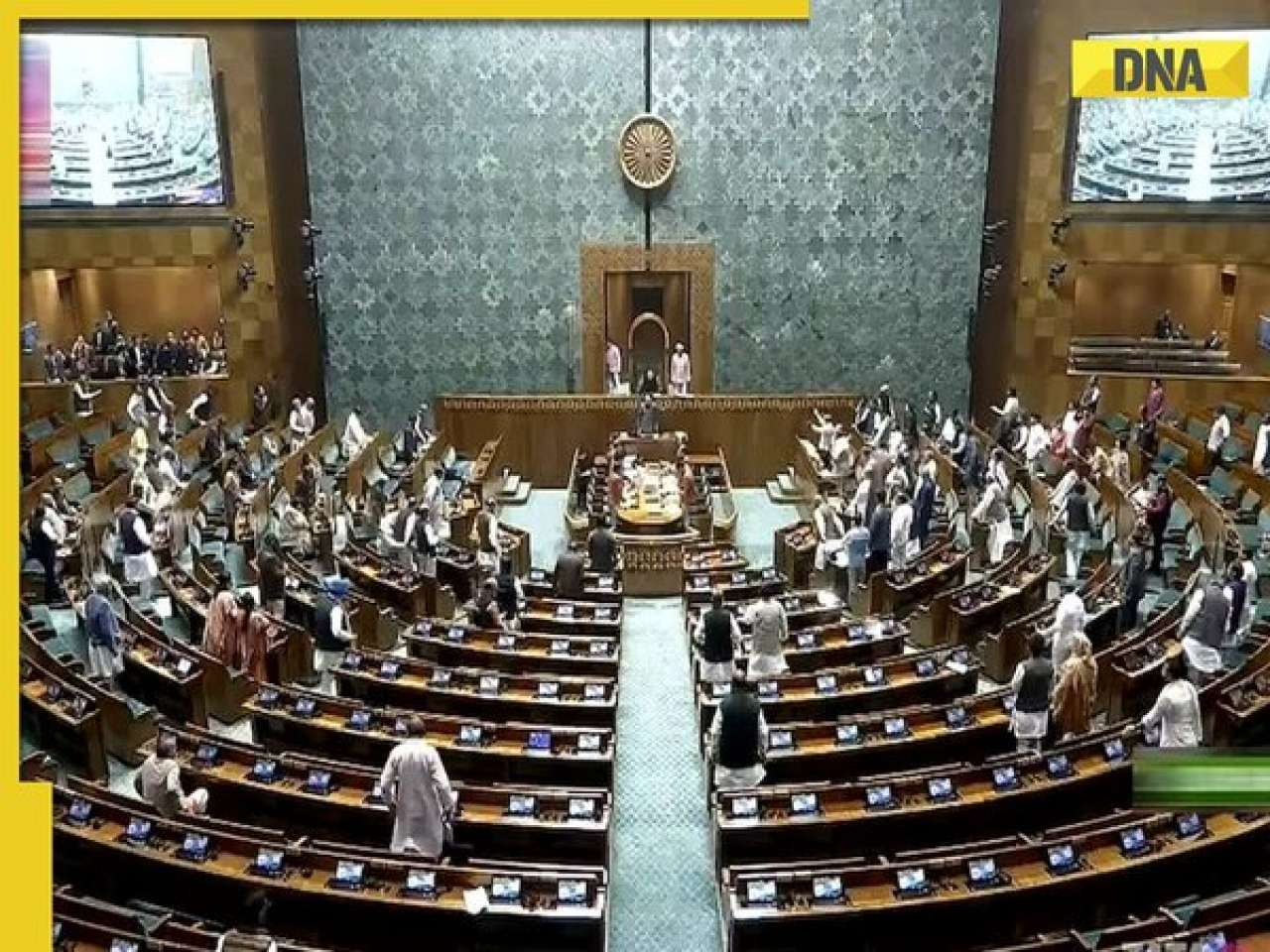
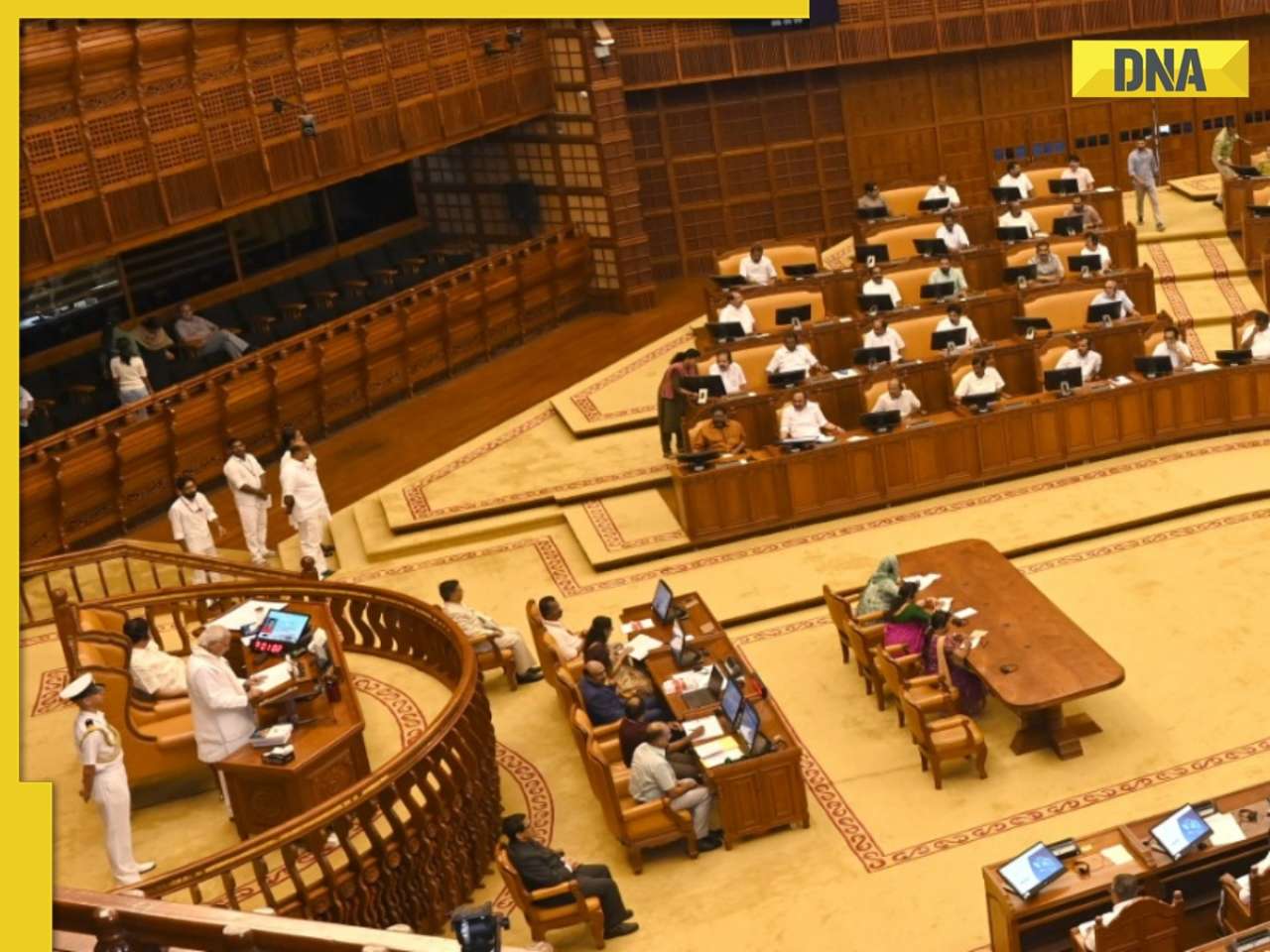






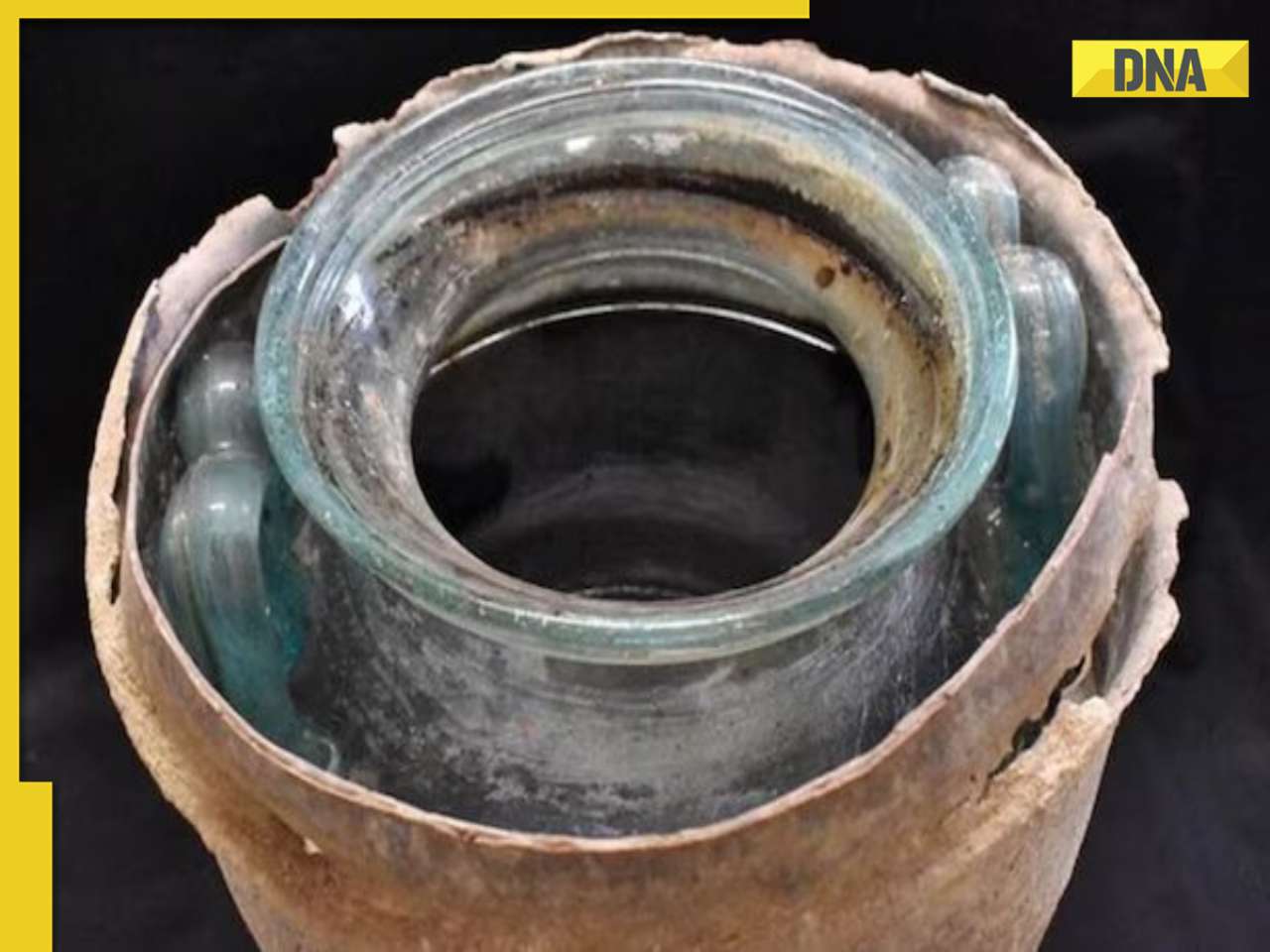





)




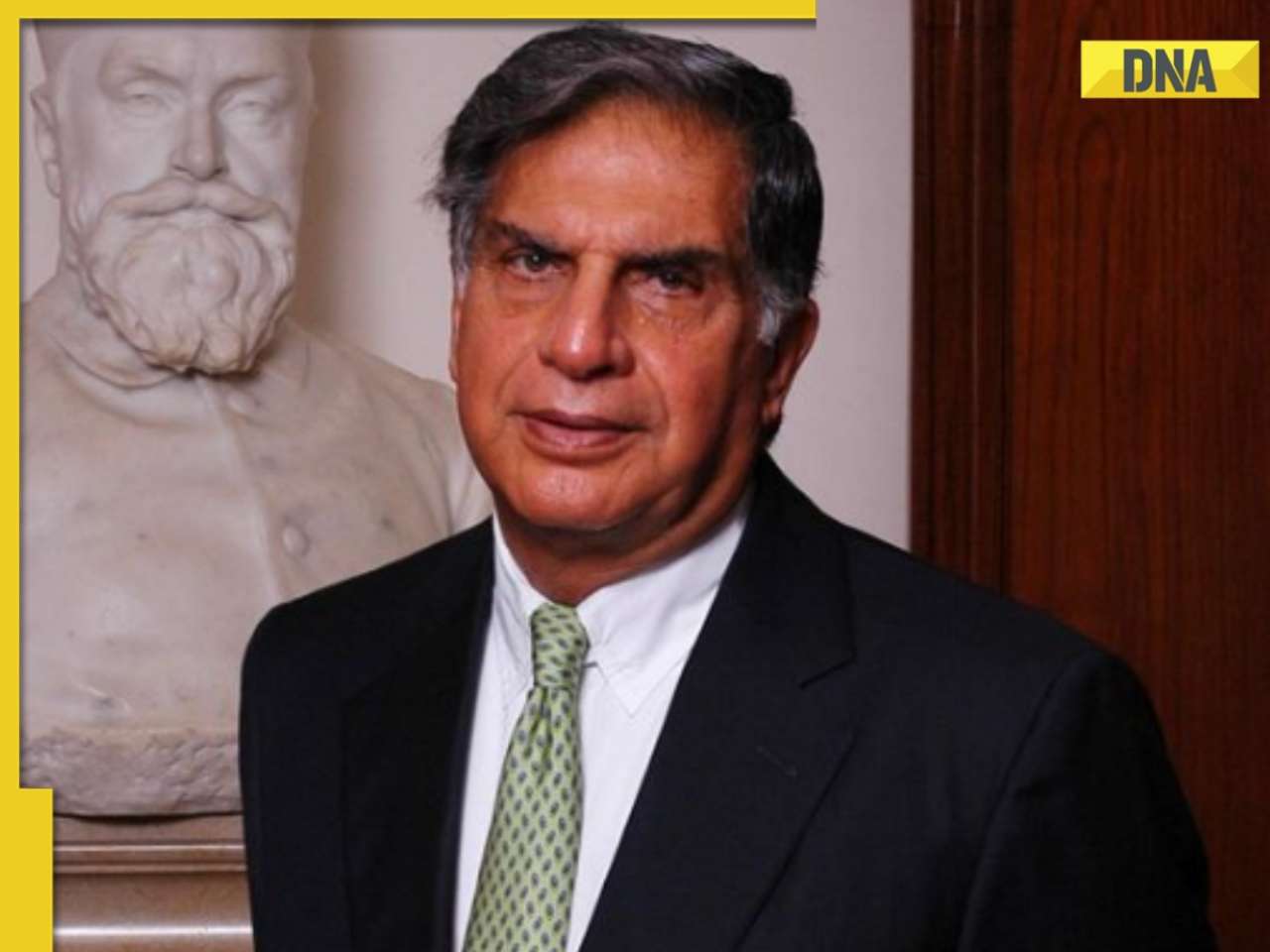



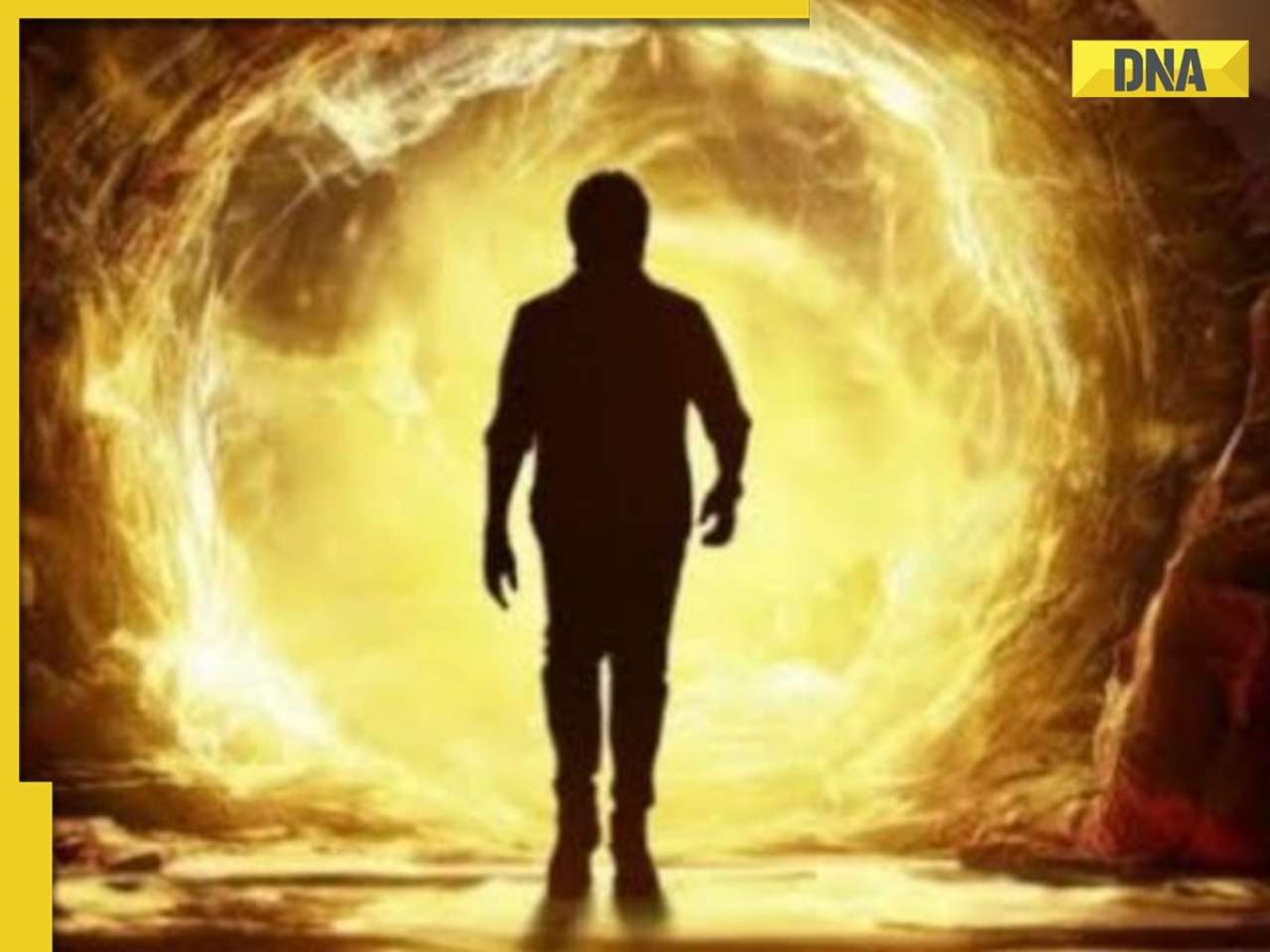









)
)
)
)
)
)